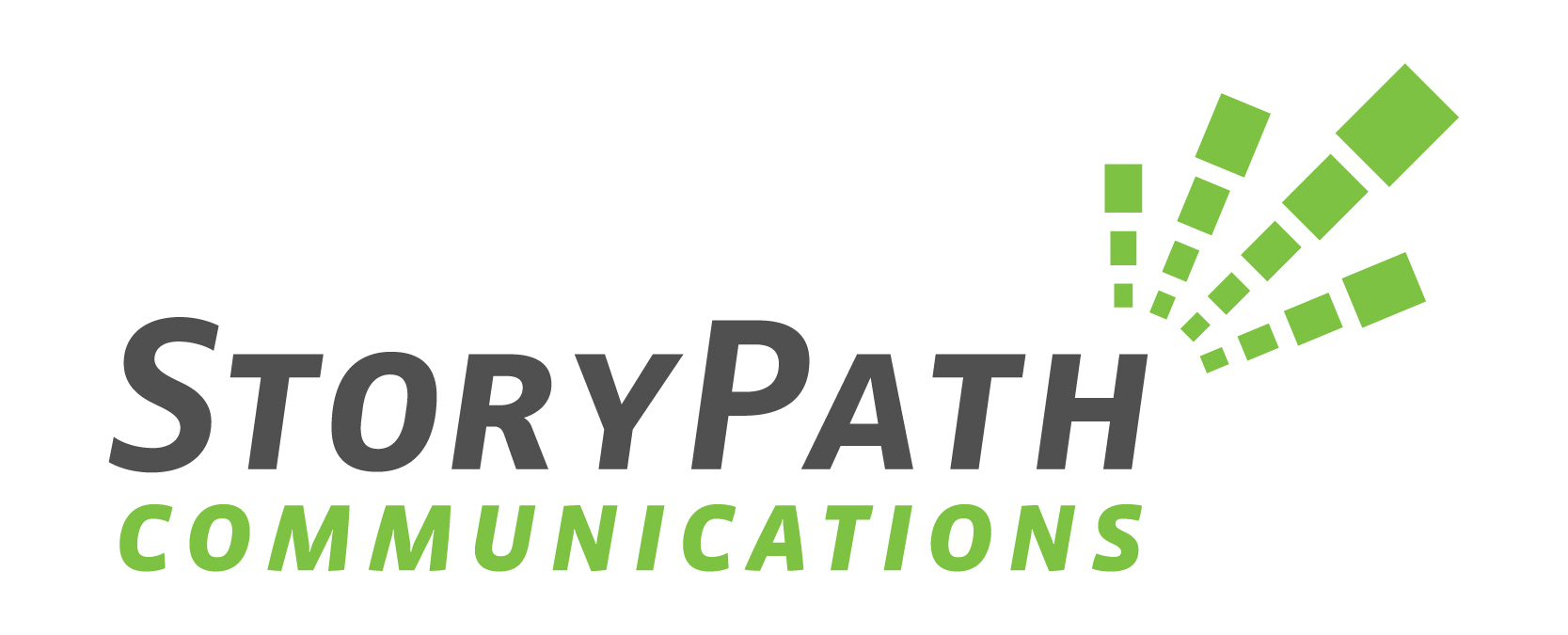Social media can be a great way to engage with current customers and reach new ones. But like any marketing tactic, it’s important to identify your goals for social media.
It’s all too easy for small businesses and small nonprofits to play the comparison game in social media by looking at other organizations and wanting what they have on social. But does what they’re doing align with your goals? If not, stop comparing your social media to theirs.
Your social media strategy has to make sense for YOUR business, and that’s why the first step in creating the right social media plan is defining your goals.
Online search results
Your presence on social media, even if it’s just one channel, can help improve your online search results. In some cases, businesses may be active on social media but have a fairly static website with no recent updates. In this case, an online search might pull up your Facebook page first. Either way, it can help your potential customers find you and show that you’re still an active organization.
Awareness and education
The StoryPath team works with both nonprofits and small businesses. For a lot of our nonprofit clients, their social media goals center around awareness and education. That can be a primary goal for some for-profit businesses as well. What is your mission as a business? What is the message you’re trying to send on social media?
Know, like, and trust factor
People do business with people they know, like, and trust. Social media is a great way to help your potential customers get to know you, and this might be a primary part of your social media goals. Sharing things about your business, your process, and your successes can help with this goal. Deciding whether or not you are going to share more personal things on your social media is part of defining your brand’s voice. For some organizations, getting a little more personal on social media makes sense. For others it’s best to keep it strictly professional while still focusing on the know, like, and trust factor.
Conversions
Tracking a tangible ROI of social media can be challenging for some organizations, especially if your goals are centered more around the know, like, and trust factor. If you’re an ecommerce brand on social media with clear calls to action to purchase online, it’s a little easier to track conversions and a tangible return on investment because you have that data. As you think about your social media strategy, it’s important to identify if conversions or a tangible ROI are an important part of your social media goals. If so, be sure your strategy aligns with that goal.
There are many different reasons that organizations exist on social media. Defining your social media goals is an important first step in developing the right social media strategy.
If you need help defining your social media goals and building a strategy that supports those goals, reach out to the Storypath team to chat about our social media services.

